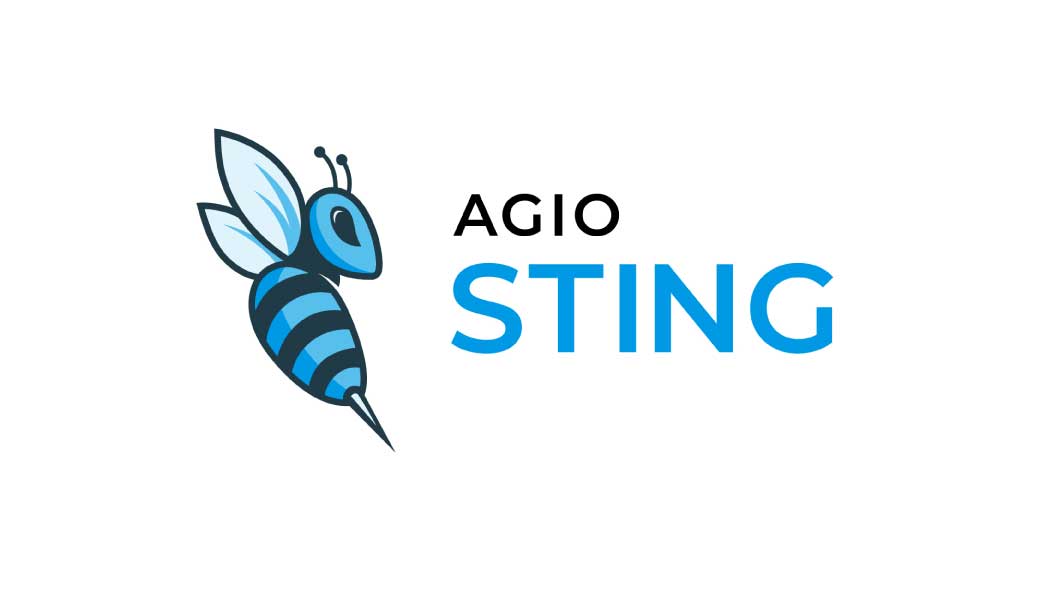Open Extended Detection & Response Services
Our AI-powered approach unifies and simplifies the entire security stack to protect your full attack surface area from sophisticated cyber threats.

You've been upgraded.
We replaced the limited capabilities of MDR with the next-gen benefits of Open XDR. Using AI and automation, we unify all capabilities and correlate alerts from individual tools into holistic incidents. In other words, we normalize threat data across silos to deliver faster, smarter cybersecurity protection.
Automation for real-time threat response.
Open XDR leverages automation to improve the speed, accuracy, and efficiency of threat response, strengthening your overall cybersecurity posture and reducing the impact of potential cyber incidents.
A Security Operations Center that doesn't sleep.
Led by our world-class team of experts and powered by advanced root-cause analysis, our SOC delivers 24×7 event and problem management, unlimited support, and rapid troubleshooting for system alerts and outages. For clients, this means uninterrupted business continuity and peace of mind.

AI-driven malicious domain management.
Agio Shield puts up a force field around your environment, identifies new malicious domains set up by bad actors, and then uses AI to categorize the risk those domains pose to client organizations. As a result, it filters out the “noise” and frees our XDR agents to spend time on actionable threat investigation.
Detect and deflect malicious actors.
Agio Sting is a next-generation cybersecurity service built to detect and deflect active threats within your environment.
By deploying Honeypot tokens that mimic your system and network architecture, Agio Sting lures bad actors away from sensitive data and critical assets.
Agio Sting then sounds an alarm for our cyber analysts to isolate the threat before your people or firm can be compromised.

Connect with us.
Need a solution? Want to partner with us? Please complete the fields below to connect with a member of our team.
Trending resources.
Are you in?
Find out whether Agio’s extended detection & response services are right for you. Contact us to design a custom solution for your firm.



